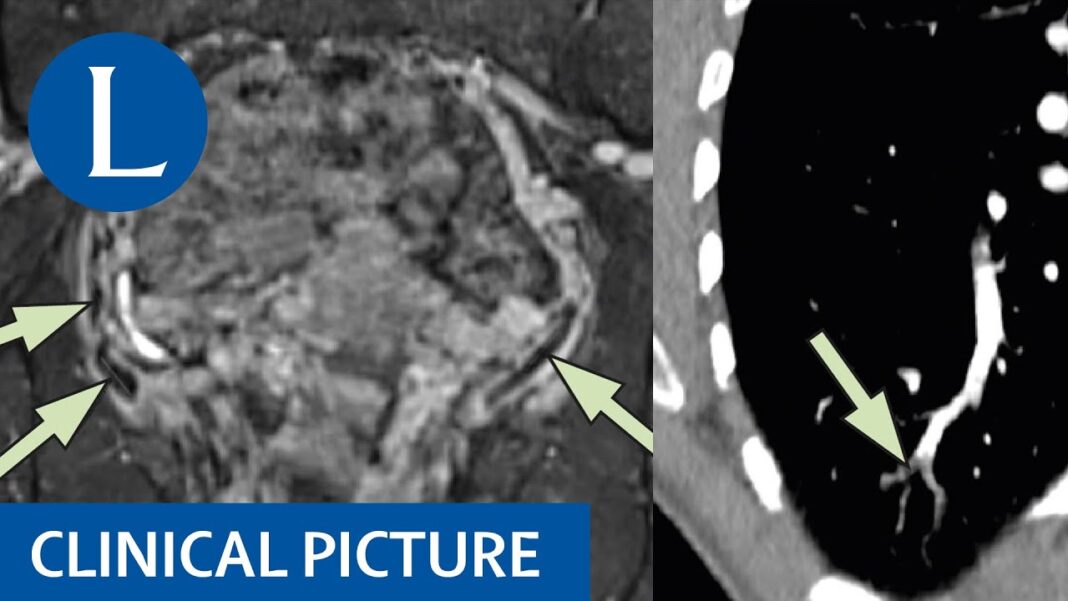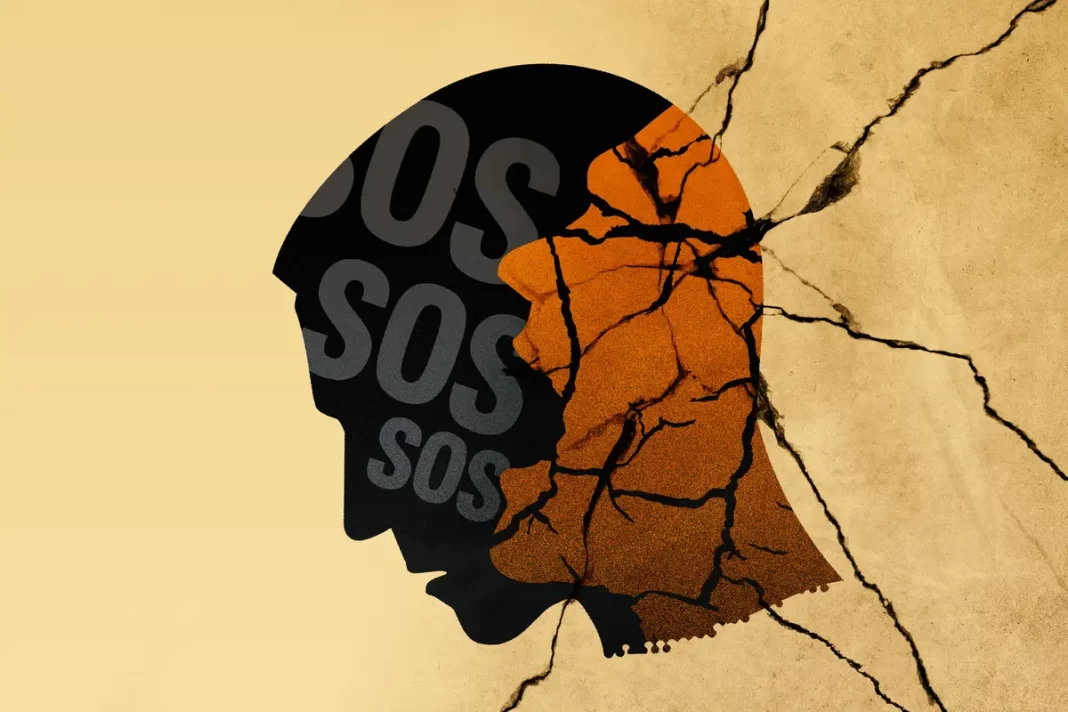Scientists have identified a new underlying mechanism of platelet activation in vaccine-induced immune thrombocytopenia and thrombosis.
New research may explain why some individuals experience a rare and often fatal blood clotting disorder after receiving a COVID-19 vaccine. In a recent study published Oct. 26 in the peer-reviewed journal Blood, funded by the National Institute for Health and Care Research and the British Heart Foundation, scientists from the University of Birmingham, United Kingdom identified a new mechanism of platelet activation in vaccine-induced immune thrombocytopenia and thrombosis (VITT).
VITT is a clinical syndrome associated with COVID-19 vaccines that is characterized by thrombosis, or blood clots, at uncommon sites and mild to severe thrombocytopenia. Thrombocytopenia occurs when blood platelets are too low, resulting in excessive bleeding. VITT is similar to heparin-induced thrombocytopenia (HIT) but without prior exposure to the popular anticoagulant drug.
“Although VITT only emerged recently, the research that it has triggered is teaching us a lot about how the body works and how it can go wrong,” Richard Buka, co-lead author, and clinical research fellow at the University of Birmingham Institute of Cardiovascular Sciences, told The Epoch Times in an email.
“Our ability to work on VITT has allowed us to discover a new biological pathway—one that was unknown before. This might have relevance to lots of other fields of research, including clotting disorders more generally, and in understanding how the bone marrow makes platelets,” he added.
According to the study, people with VITT or HIT produce antibodies against a small chemokine protein released by activated platelets and form immune complexes—large clusters of molecules that activate platelets and cells of the immune system that cause clotting and inflammation.
“VITT is caused by a misguided immune response which is normally thought to protect us from infection. That immune response leads to strong antibodies against a molecule called platelet factor 4 (PF4),” Mr. Buka told The Epoch Times. “Antibodies and PF4 form large complexes which can then activate platelets and white blood cells, leading to inflammation and blood clots.”
Although scientists knew PF4 played a significant role in promoting blood coagulation and is involved in innate and adaptive immunity when platelets are activated in response to infections, the exact nature of how PF4 contributes to this process was previously unknown.








